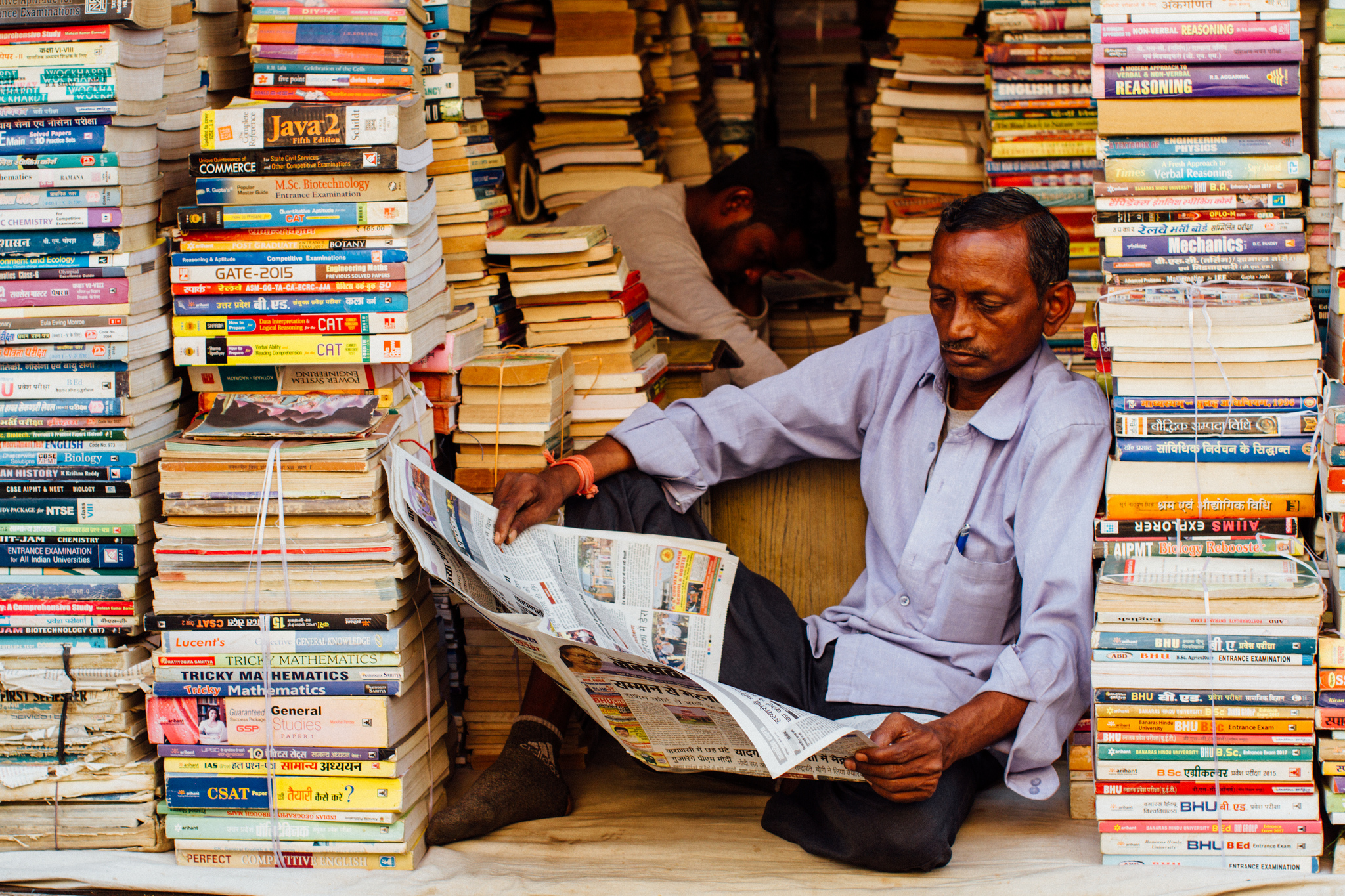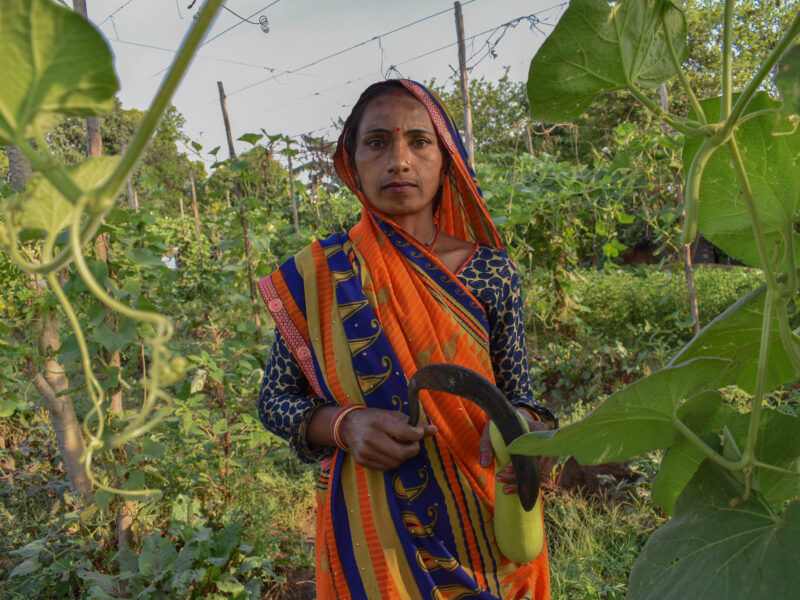The following stories all explore how information spreads: the dissemination of news items in the digital age; cross-border feminist movements connecting and communing on Instagram; getting people to the polls on election day. But is quick and easy access to information the same as access to good information? Who gets to lead digital place-based movements—locals on the ground or members of the diaspora? As always, we choose articles that examine the major issues of our day through a lens that focuses on strengthening democracy and civil society.
Apple is already in a billion pockets, which is why Oprah was so excited to sign on to their newly revamped media product, Apple News Plus — and why many are disappointed Apple hasn’t leveraged their power to do more for the news industry. The focus on magazine content over news — especially local news, which is basically nonexistent on the platform — is one disappointment. Read the op-ed.
There is also a question of whether publishers (and by extension the news industry as a whole) benefit enough financially. The Verge reports that Apple will take a whopping 50 percent of the revenue generated through the platform. One good sign for the vitality of the industry is that not all players have signed on — notably The New York Times and The Washington Post, which have led the way in signing up subscribers over the past few years. Read more.
In this short video, the co-founders of The Skimm explain how they saw an opportunity gap in news consumption — their non-media friends weren’t seeing their writing or reporting because it wasn’t being delivered to them where they are — and rose to fill it. Watch here.
And some more food for thought: Over the past decade, newspaper circulation in India has grown 60 percent, due to rising literacy rates and unreliable electric grids that make paper far more appealing than digital news. Read more about India’s remarkable newspaper growth.
Recently, Bina Shah wrote for the Anti-Nihilist Institute about the rise of a second-generation feminist movement in Pakistan that is part of a global feminist movement but rooted in a unique Pakistani feminist legacy of resisting dictatorship going back to the 1970s. Similarly, BuzzFeed recently reported that the documentary “Surviving R. Kelly” sparked a #MeToo movement on Instagram in Ethiopia and the diaspora, bringing stories of sexual abuse into the open, often for the first time. Like the second-generation Pakistani feminists, Ethiopians also have to defend their feminism against accusations that it has been borrowed or forced upon them from the West. There is tension between local leaders and leaders in the diaspora, but they are trying to listen and learn from each other to build a stronger, anti-sexual violence movement. Read more.
Finally, as the United States prepares for the 2020 election, it’s worth looking at how states are increasing voter turnout. The 2018 midterms had the largest increase in turnout from one midterm election to the next in American history; much of that was due to Trump fever (or furor), but some can be traced to positive policy changes. Here are the factors that increased voter turnout.



